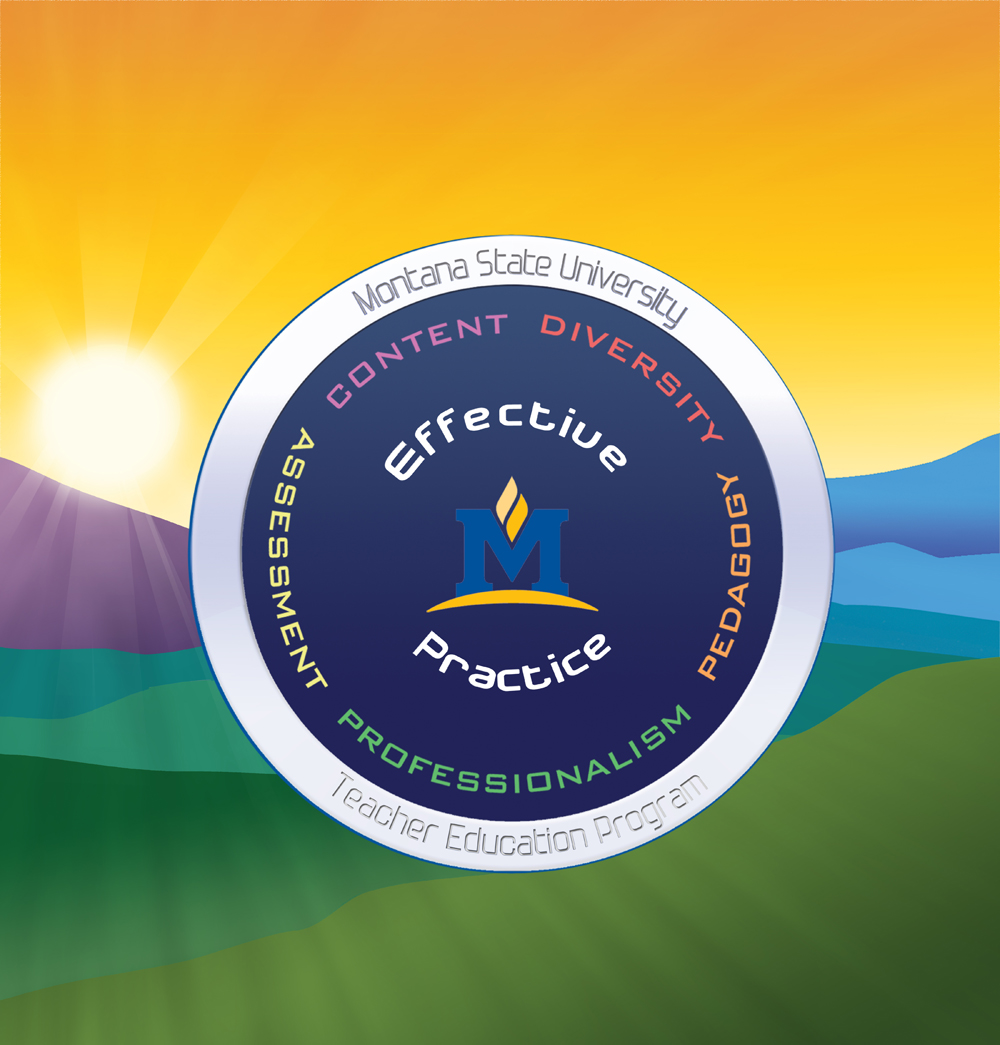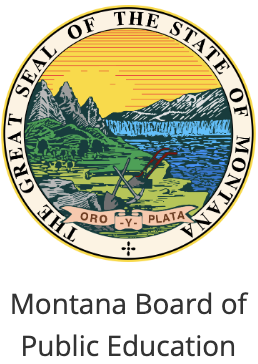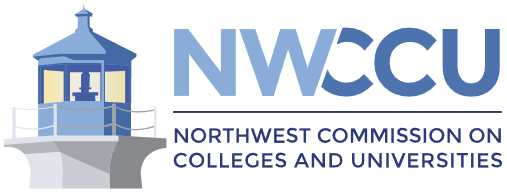Conceptual Framework
The Teacher Education Program at MSU has been designed to provide our students with
a rich and well-balanced education grounded in the liberal arts & sciences and current
educational theory, research, and practice. Students participate in learning communities
within our program in which they develop in-depth content knowledge for their work
as classroom teachers and school leaders. Our graduates understand the central concepts,
tools of inquiry, and structures of the disciplines and can create standards-based
learning experiences that are meaningful for students. Graduates of the Teacher Education Program understand how K-12 students learn and
develop and can provide learning opportunities which are adapted to diverse learners
and support their intellectual, social, and personal development. Our graduates are
committed to building a caring, respectful, and supportive learning environment and
are prepared to provide access to the necessary tools to help every student learn.
They are also cognizant of and committed to Montana's American Indian cultures and
the values embodied by the Indian Education for All Act. We believe that professional educators must have sound pedagogical content knowledge
and be skilled in the use of research-based instructional practices. Our graduates
understand and use a variety of instructional strategies to foster students' motivation
for learning and encourage their conceptual understandings through the development
of critical thinking, problem solving, and performance/work force skills. Our graduates
understand the principles of Differentiated Instruction and can integrate these concepts
and practices into their teaching. The graduates of our Teacher Education Program
also demonstrate knowledge of effective verbal and nonverbal communication techniques
and effectively use educational technology to foster active inquiry, collaboration,
and supportive interaction in the classroom. It is essential for teachers to understand and practice alignment in curriculum, standards,
and assessments. Our program is committed to current models of instructional design
in which our candidates focus on defining learning outcomes and determining evidence
that all learners have met pedagogical goals. Our graduates plan instruction based
upon knowledge of subject matter, students, the community, and curriculum goals. They
also understand how to use pre-, formative, and summative analysis of student learning,
individually, in groups, and in whole class settings to ensure the intellectual, social,
and personal development of every learner. Continuous improvement of the education profession depends upon the systematic practice
of professional reflection, inquiry, and collaboration to discover new and more effective
educational approaches. Our graduates demonstrate the ability to reflect on classroom
decision-making with regard to content, diversity, pedagogy and assessment in order
to improve teaching and learning. They are reflective practitioners that examine
their own biases and endeavor to provide equitable educational opportunities for students.
They also demonstrate an understanding that education happens in a context and develop
effective relationships with family and community members. As candidates move from
campus to the K-12 classroom, they are expected to adhere to and model our program’s
Professional Competencies & Dispositions for Professional Educators and Montana’s Code of Ethics for teachers.Montana State University Teacher Education Program
 The Teacher Education Program at MSU believes that learning to teach in educational
settings is a complex task requiring a thoughtful blending of content mastery with
carefully guided field experiences. In order to meet the multiple demands of an ever-changing
profession, we ensure that students demonstrate their competencies in guided field
experiences through every phase of our program. Thus, students who graduate from the
Teacher Education Program at MSU are engaged in and committed to:
The Teacher Education Program at MSU believes that learning to teach in educational
settings is a complex task requiring a thoughtful blending of content mastery with
carefully guided field experiences. In order to meet the multiple demands of an ever-changing
profession, we ensure that students demonstrate their competencies in guided field
experiences through every phase of our program. Thus, students who graduate from the
Teacher Education Program at MSU are engaged in and committed to: Content Mastery
Understanding Development and Diversity of Learners
Pedagogical and Technological Proficiency
Excellence in Instructional Design and Assessment
Professionalism



